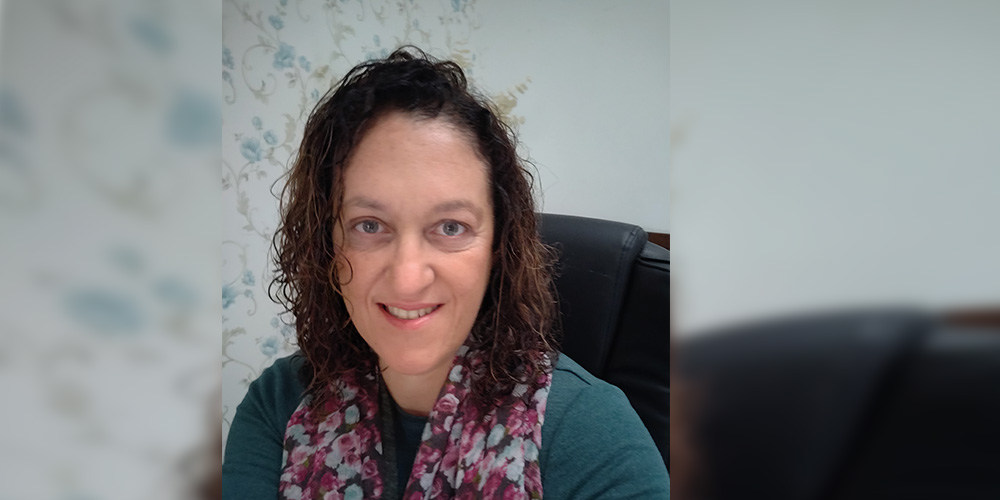Author: Marcelle Bugre
Social workers are in close contact with people; it’s the nature of their job. But when migrant survivors of domestic violence seek help, they often perceive social workers to be representatives of a more powerful group. Thus, survivors may be wary of trusting social workers, or fear losing their children, being reported to immigration authorities, or blamed for what happened. To engage with a growing number of migrants and minorities today, social workers need cross-cultural competence – the ability to work effectively across cultures.
I’m finishing my graduate studies in Social Work at the University of Malta. My research study, under the supervision of Dr Marceline Naudi, focuses on the experiences of social workers dealing with migrant women survivors of intimate partner violence. Research in other countries shows how migration can strengthen patriarchal systems in families and communities. More traditional societies have a higher tendency to minimise domestic violence, blame the survivor, and excuse the perpetrators’ violent behaviour (see Yamawaki et al., 2009).

Like other people, social workers may be unaware of their own prejudice. When such prejudice affects interactions with survivors of violence, it can reinforce the client’s experience of discrimination, marginalisation, and microaggression (see Olcon, 2019).
My interviews confirmed this to be true also in Malta. Trust-building is being impeded by a lack of interpretation services, accommodation space, and financial support. Social workers often feel overwhelmed when approached by clients who have suffered multiple traumas, rejection, and prejudice. At times they struggle to understand their clients’ perceptions and responses.
Integrating cultural competence, migration, and trauma within the undergraduate programme would help better prepare future social workers for their vital job in a multicultural society. I intend to use this research to inspire social workers to improve their cross-cultural skills by sharing my results with them, and hope to be able to further develop training in this area.
Further reading
Olcoń, K. (2019). State of the art in U.S. multicultural social work practice: Client expectations and provider challenges. Journal of Ethnic & Cultural Diversity in Social Work: Advances in Social Work Practice with Multicultural Communities, 28(1), 7-30.
Yamawaki, N., Ostenson, J., & Brown, C. R. (2009). The functions of gender role traditionality, ambivalent sexism, injury, and frequency of assault on domestic violence perception: A study between Japanese and American college students. Violence Against Women, 15(9), 1126-1142.





Comments are closed for this article!